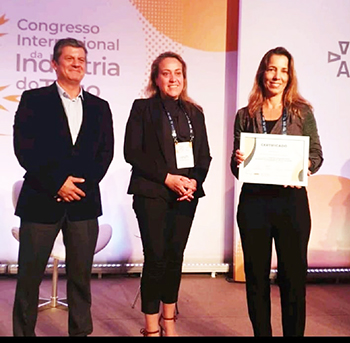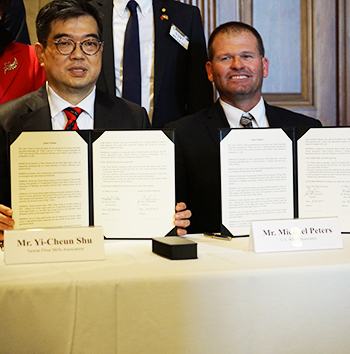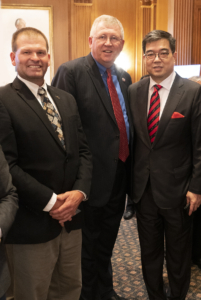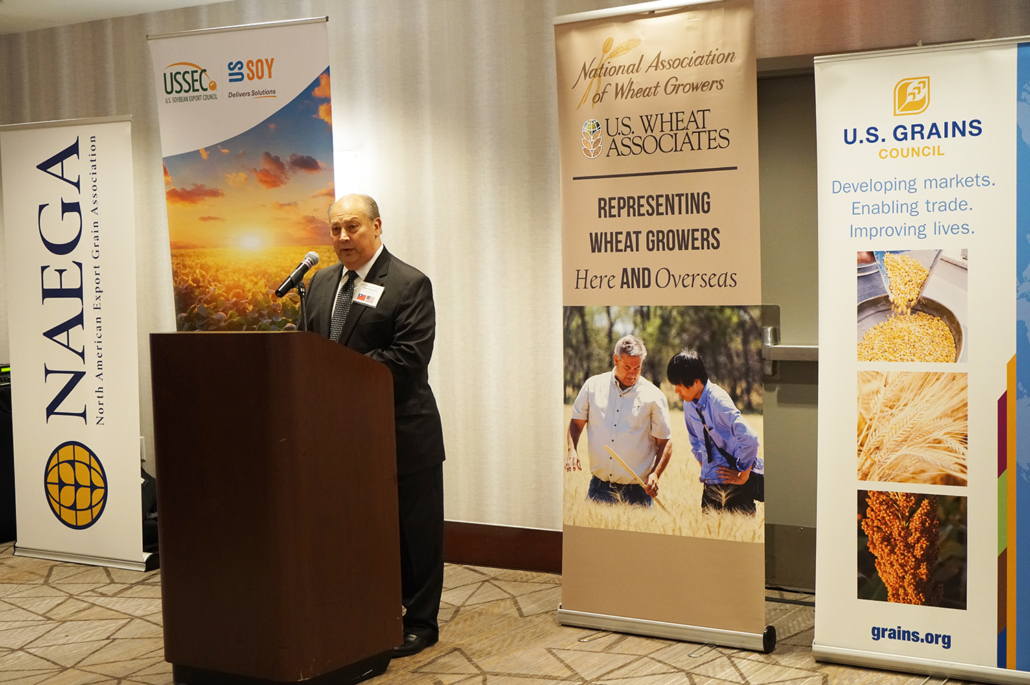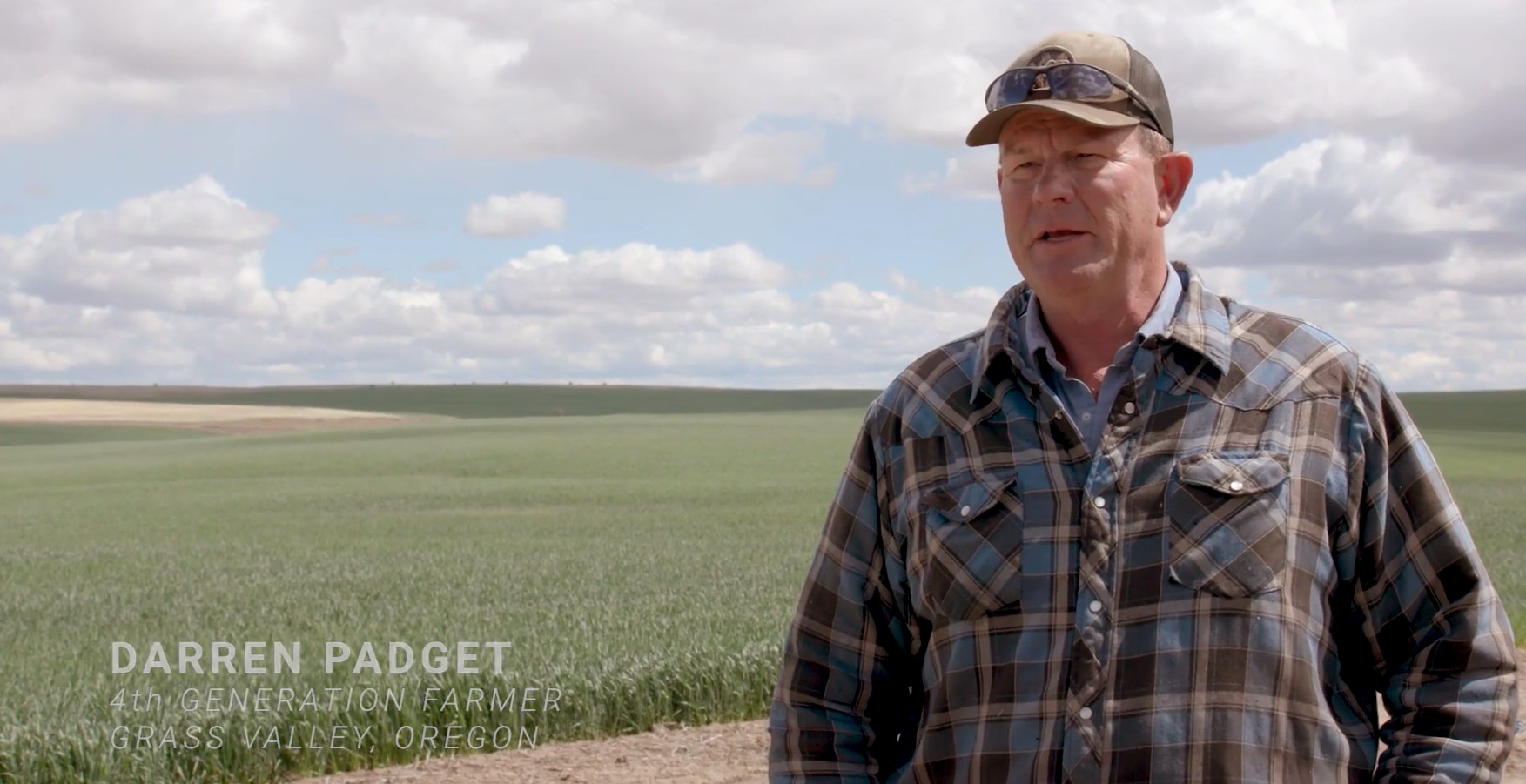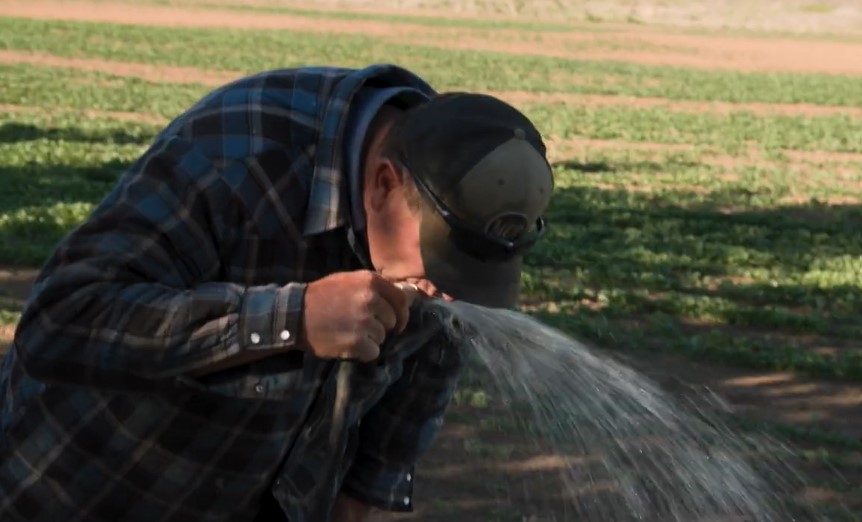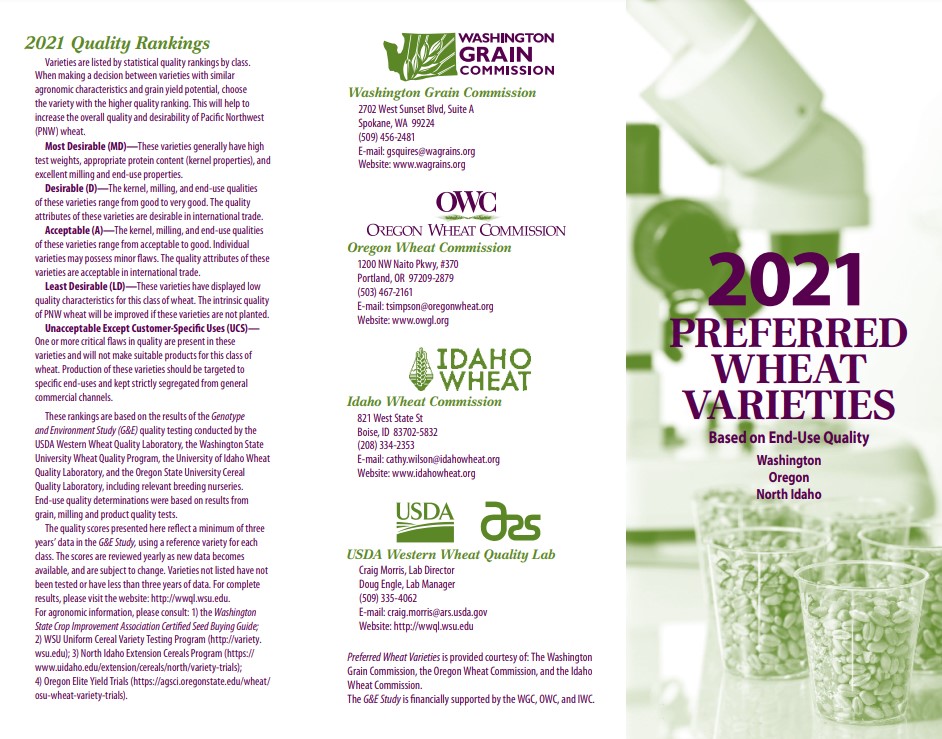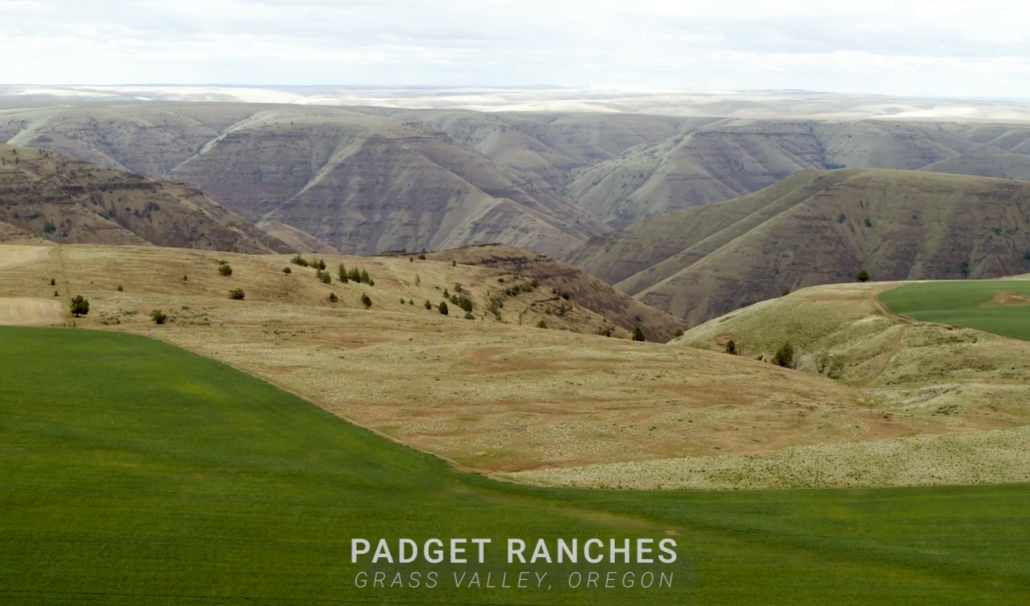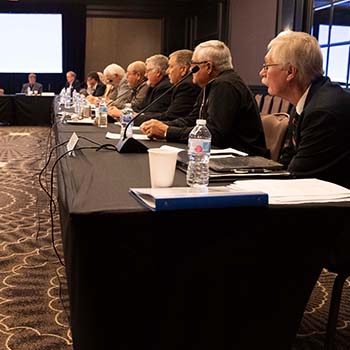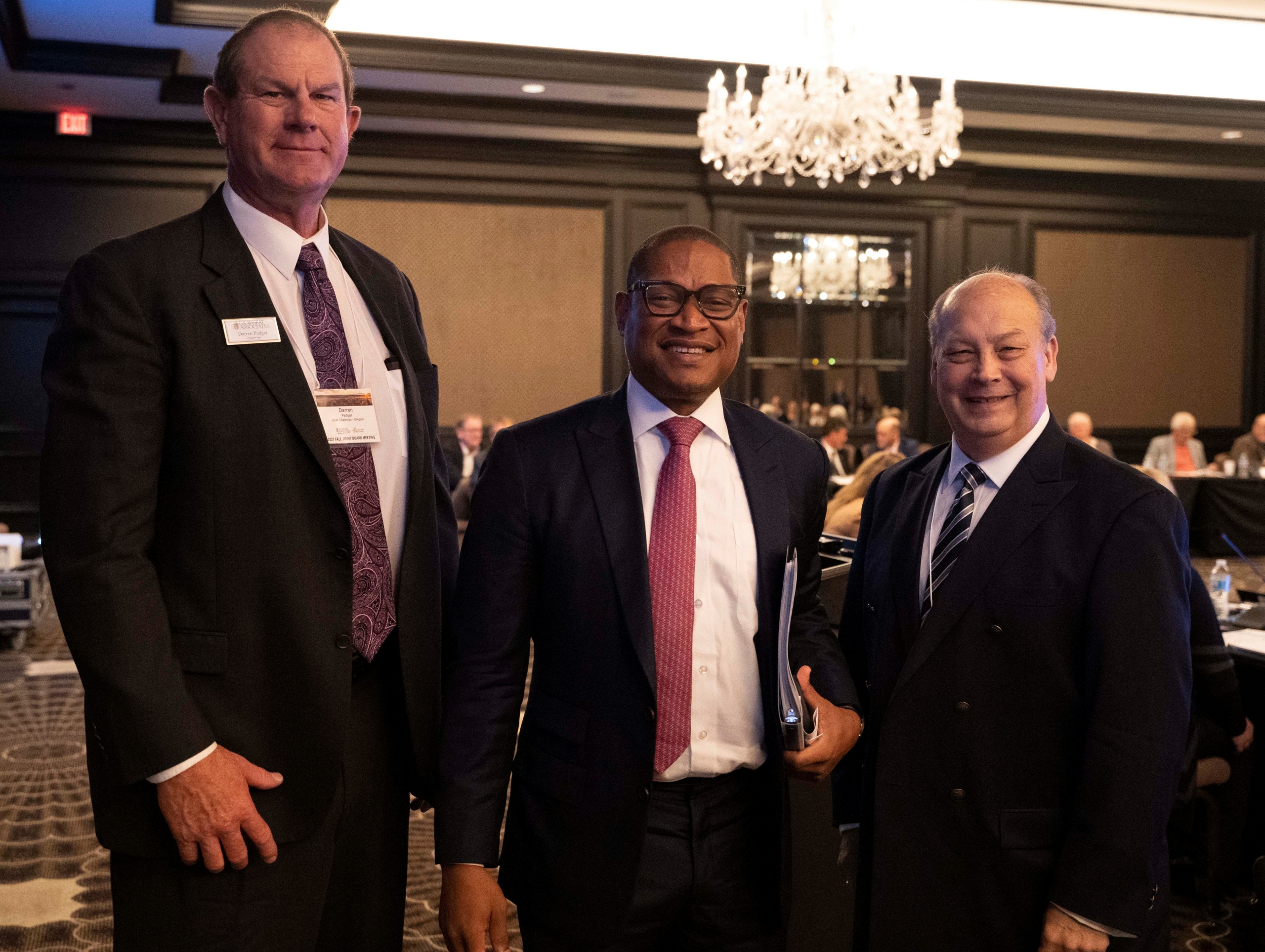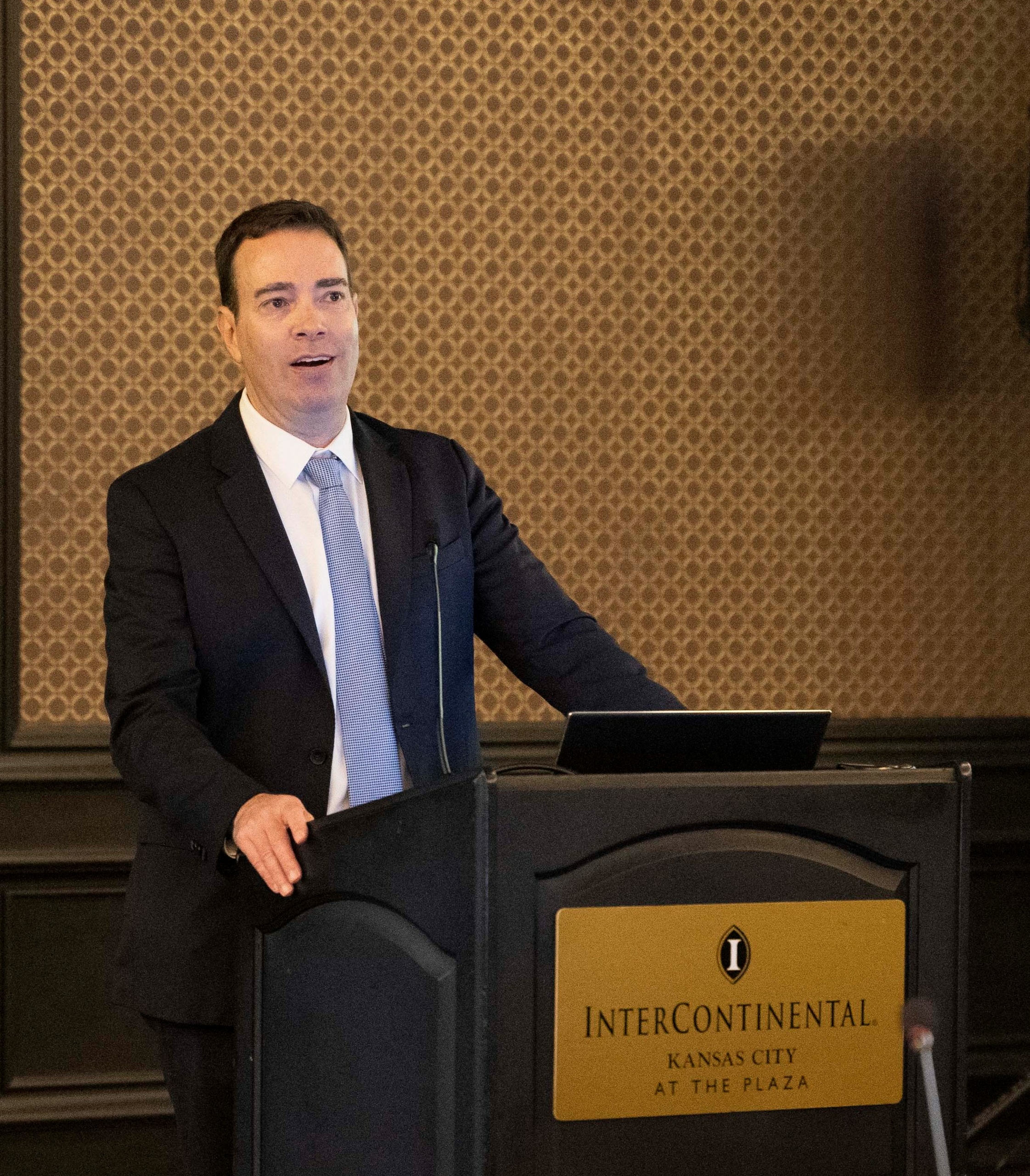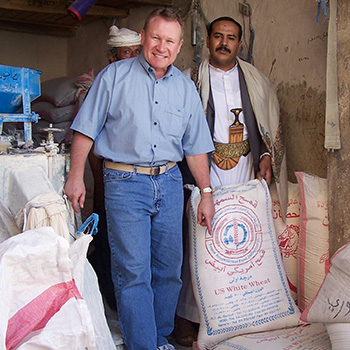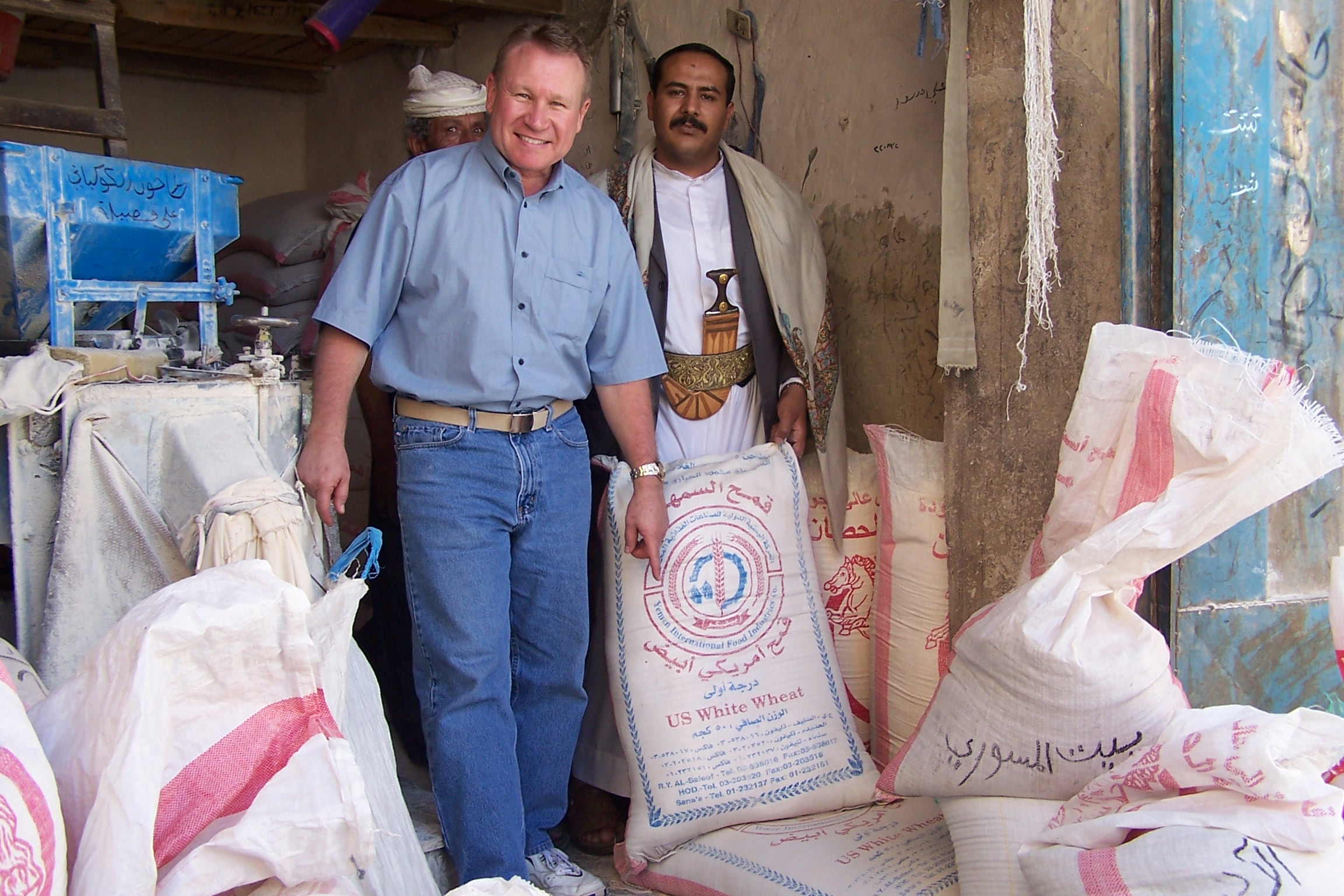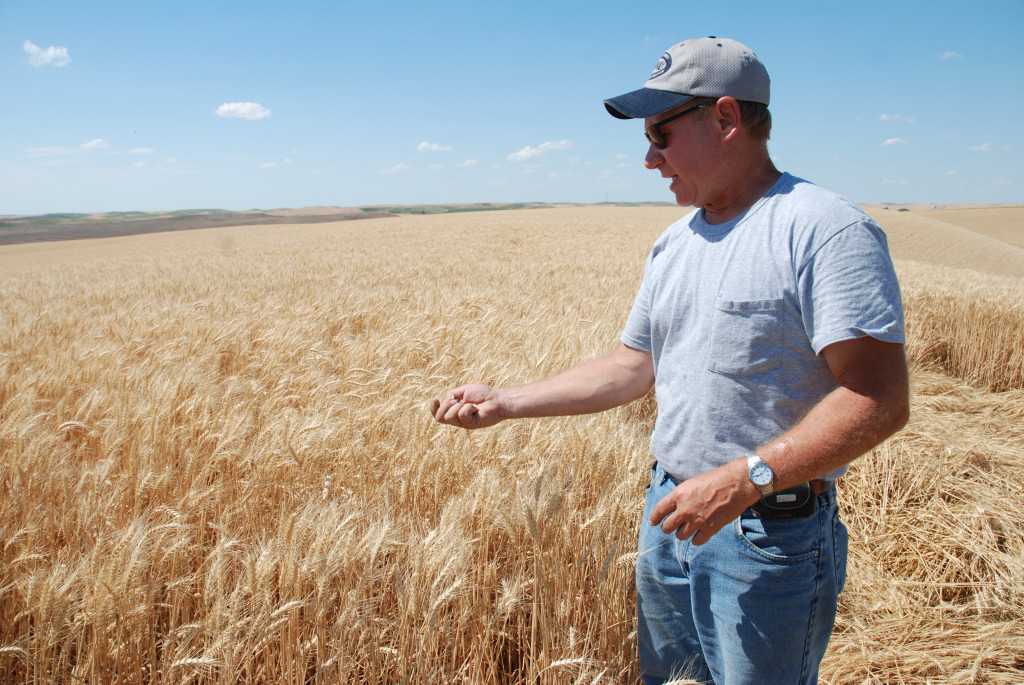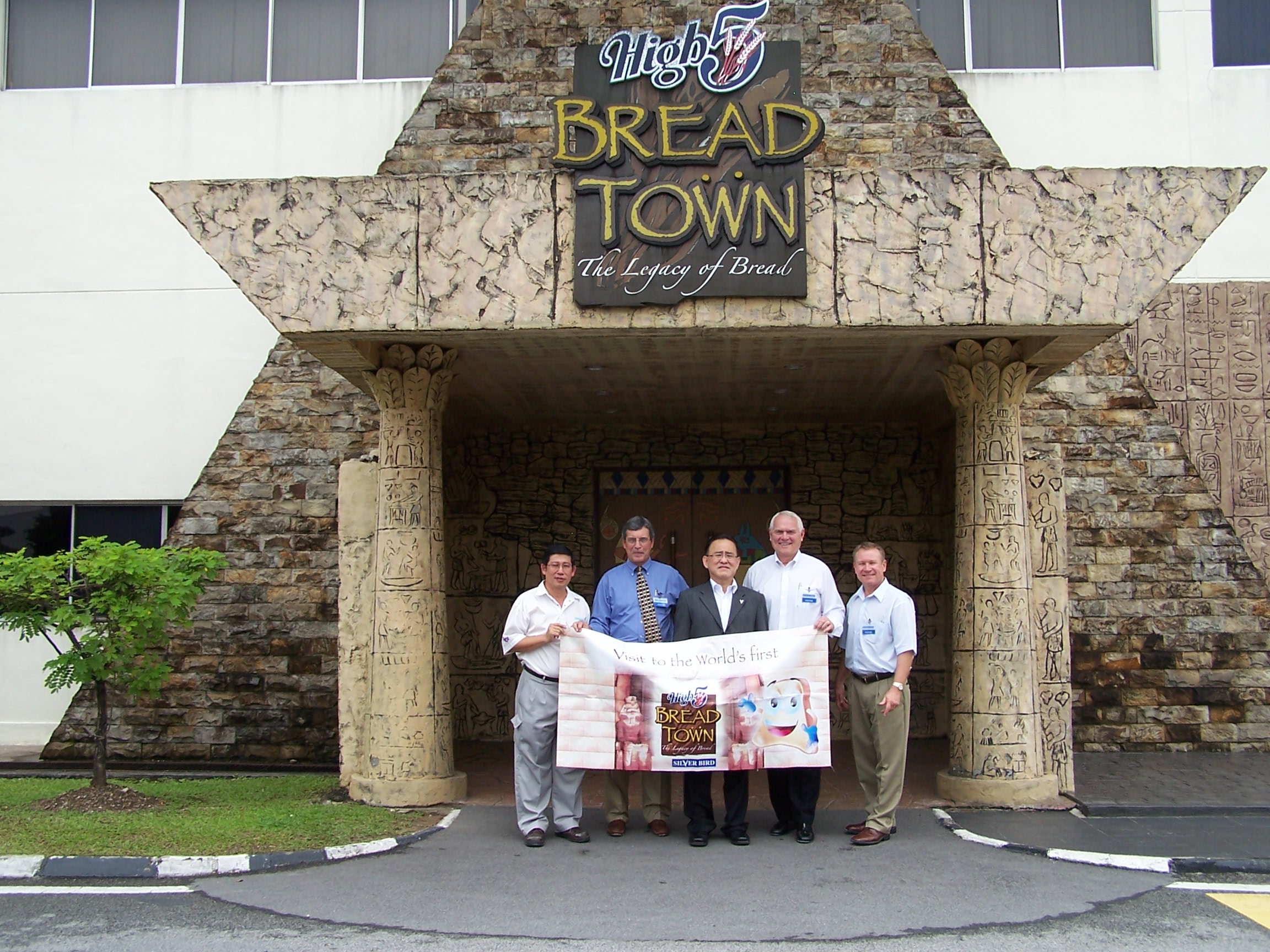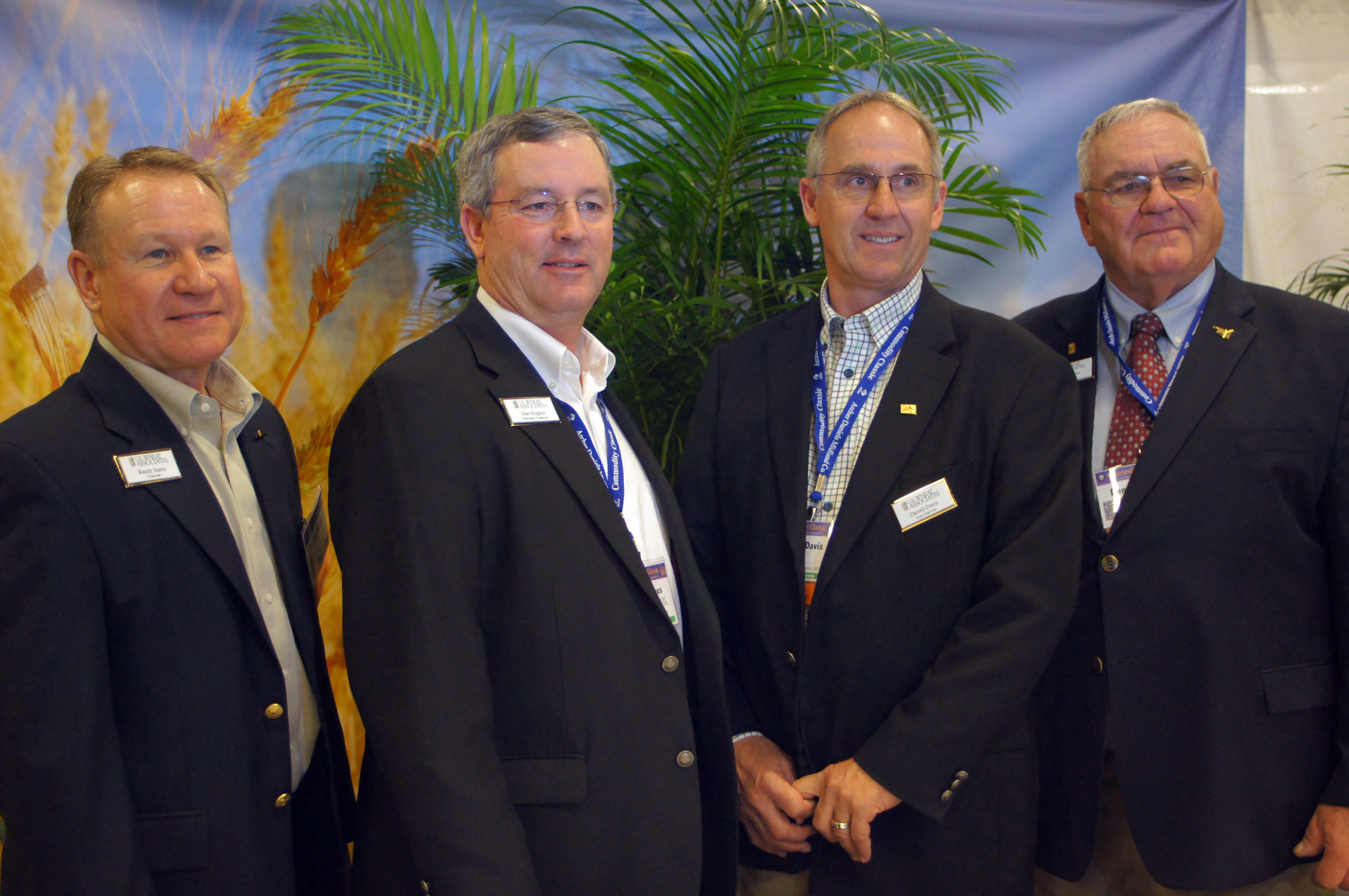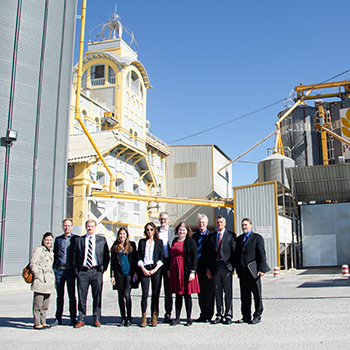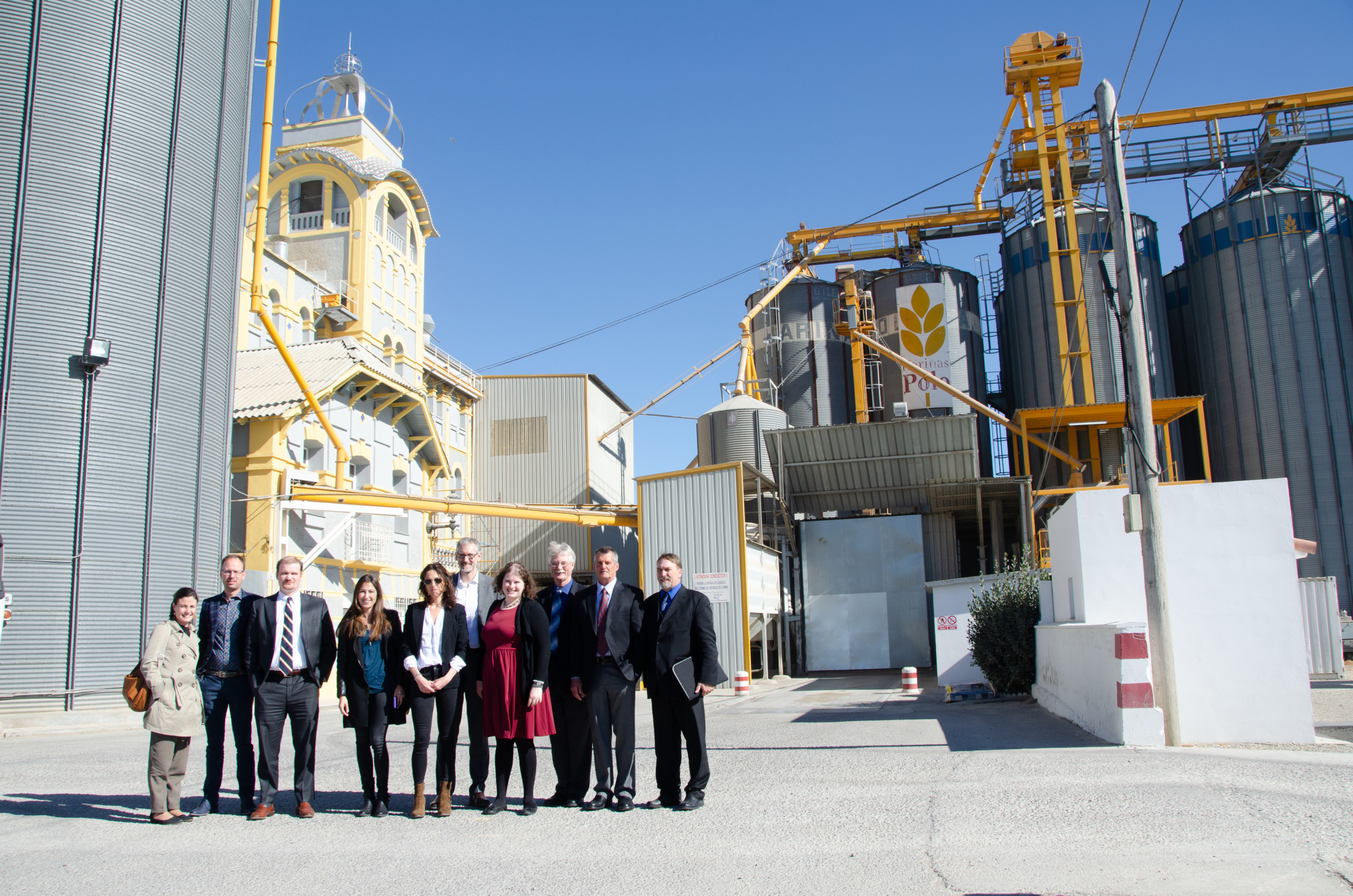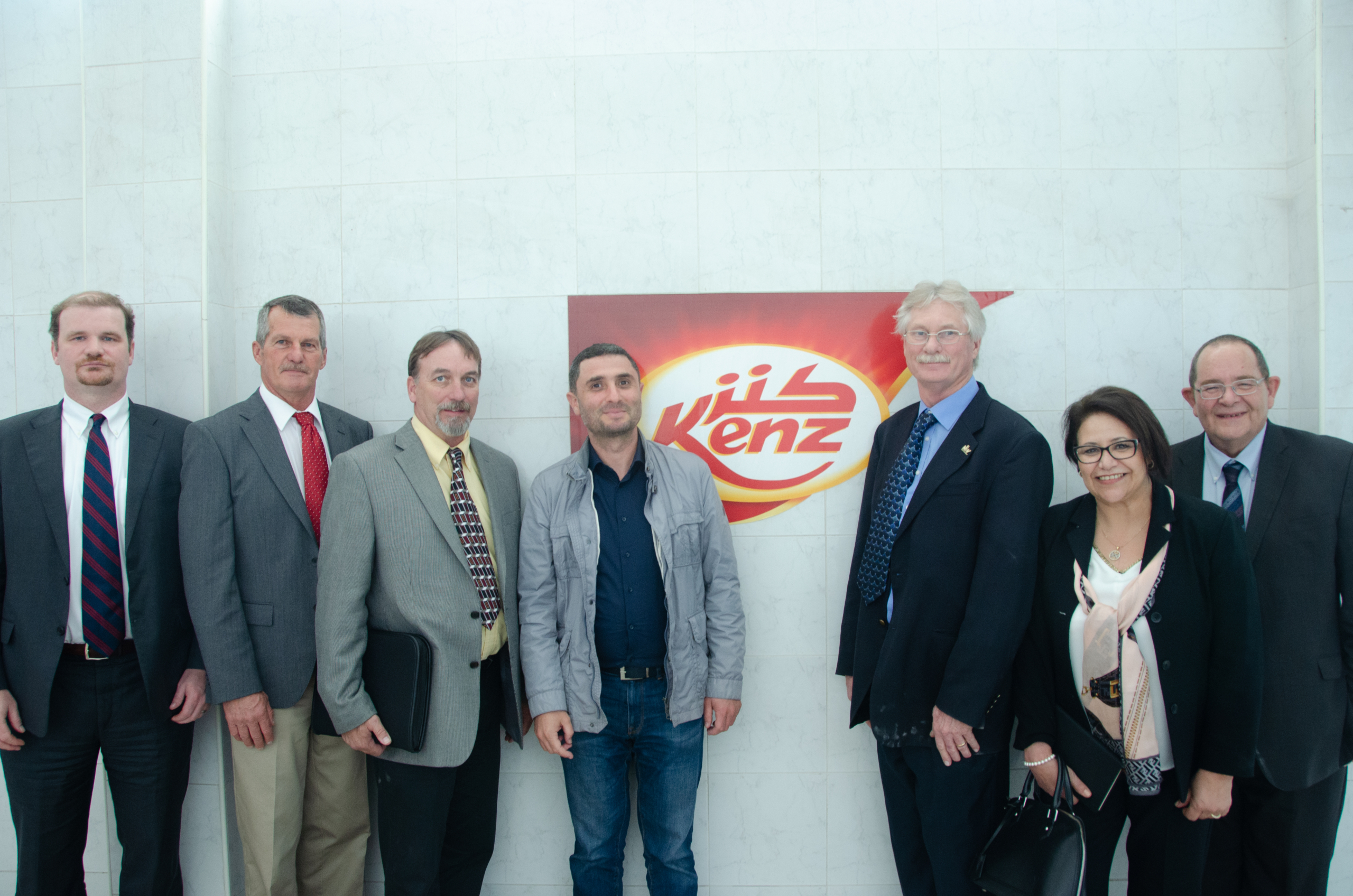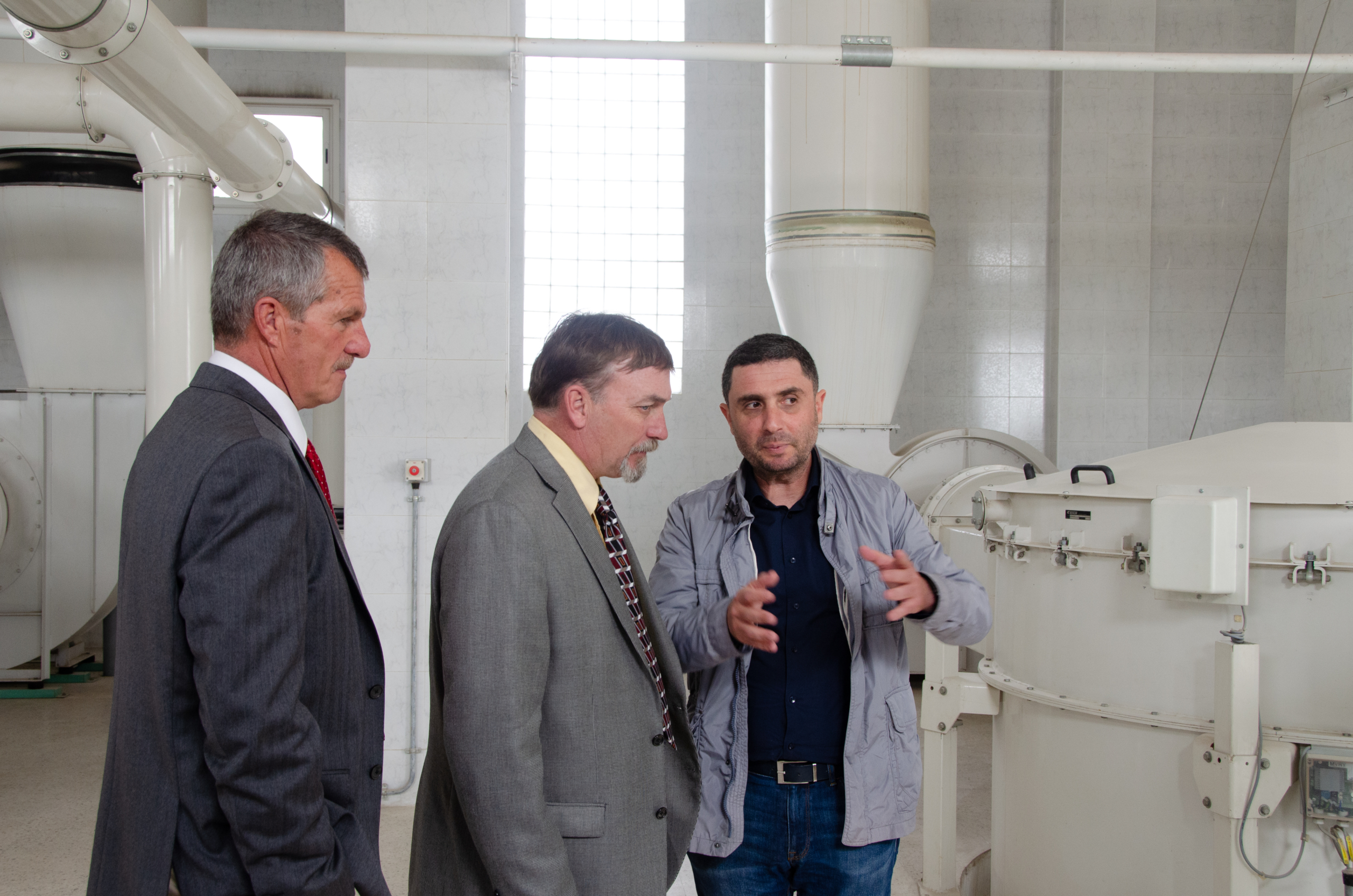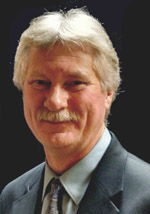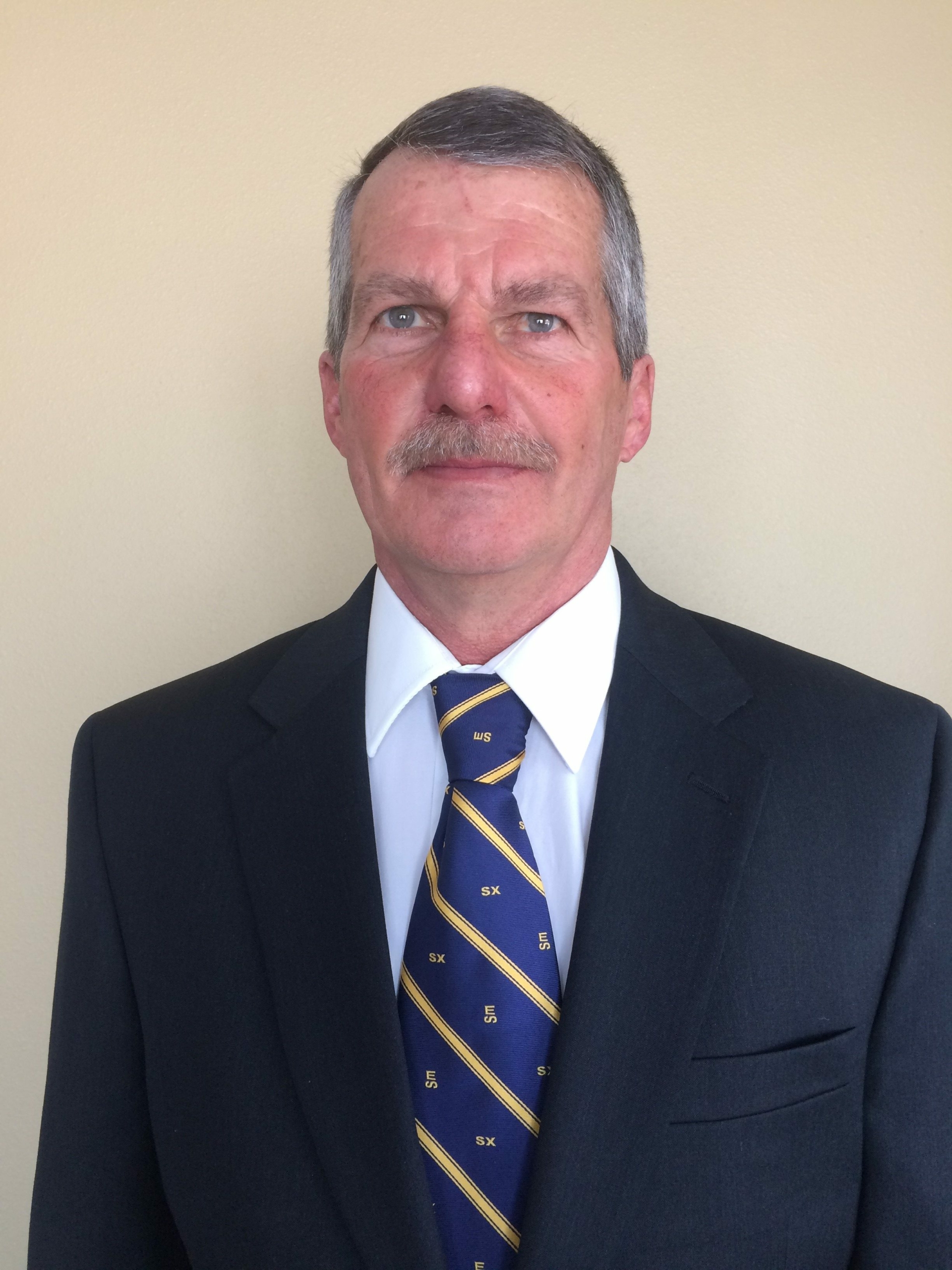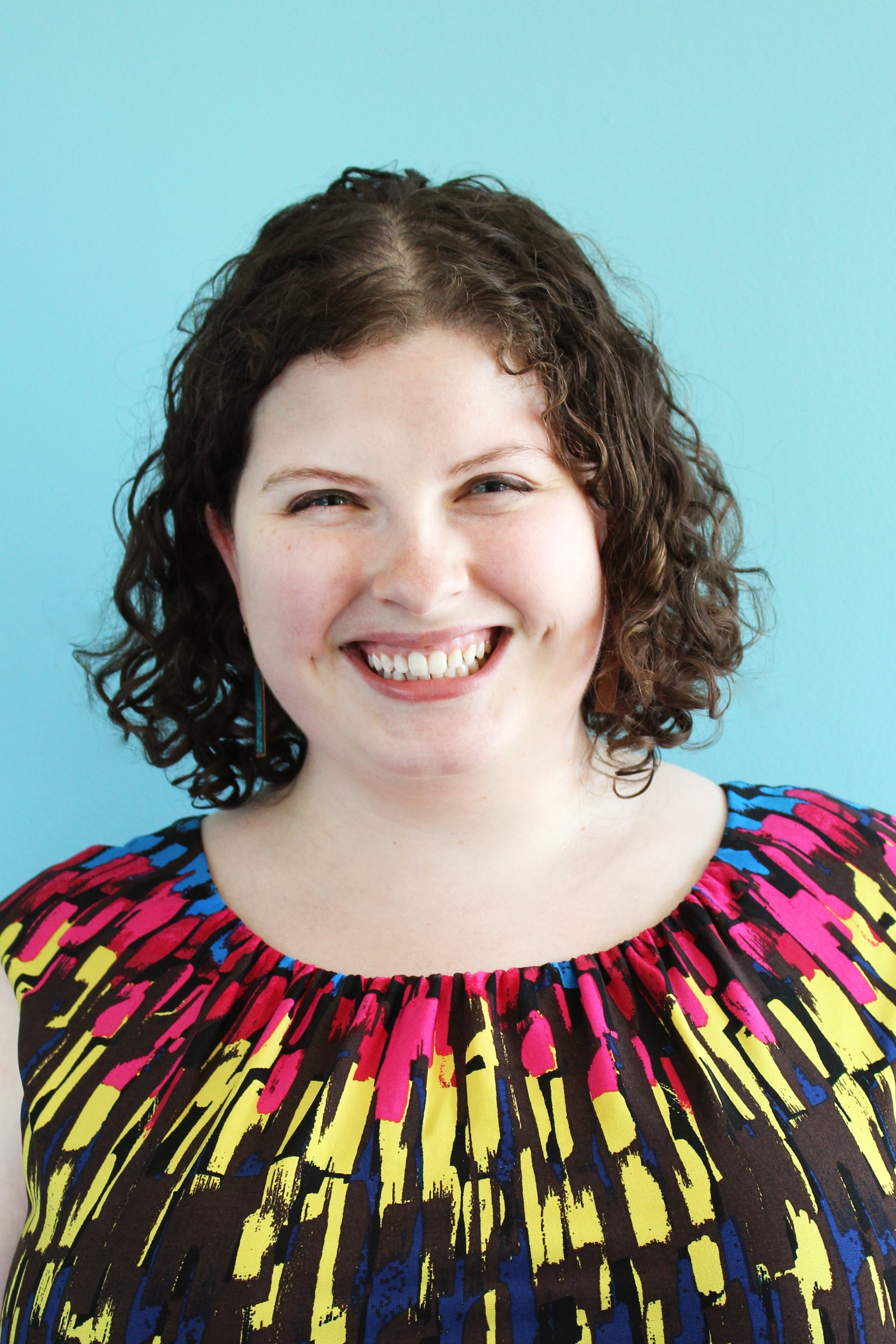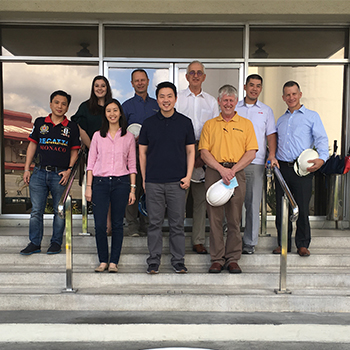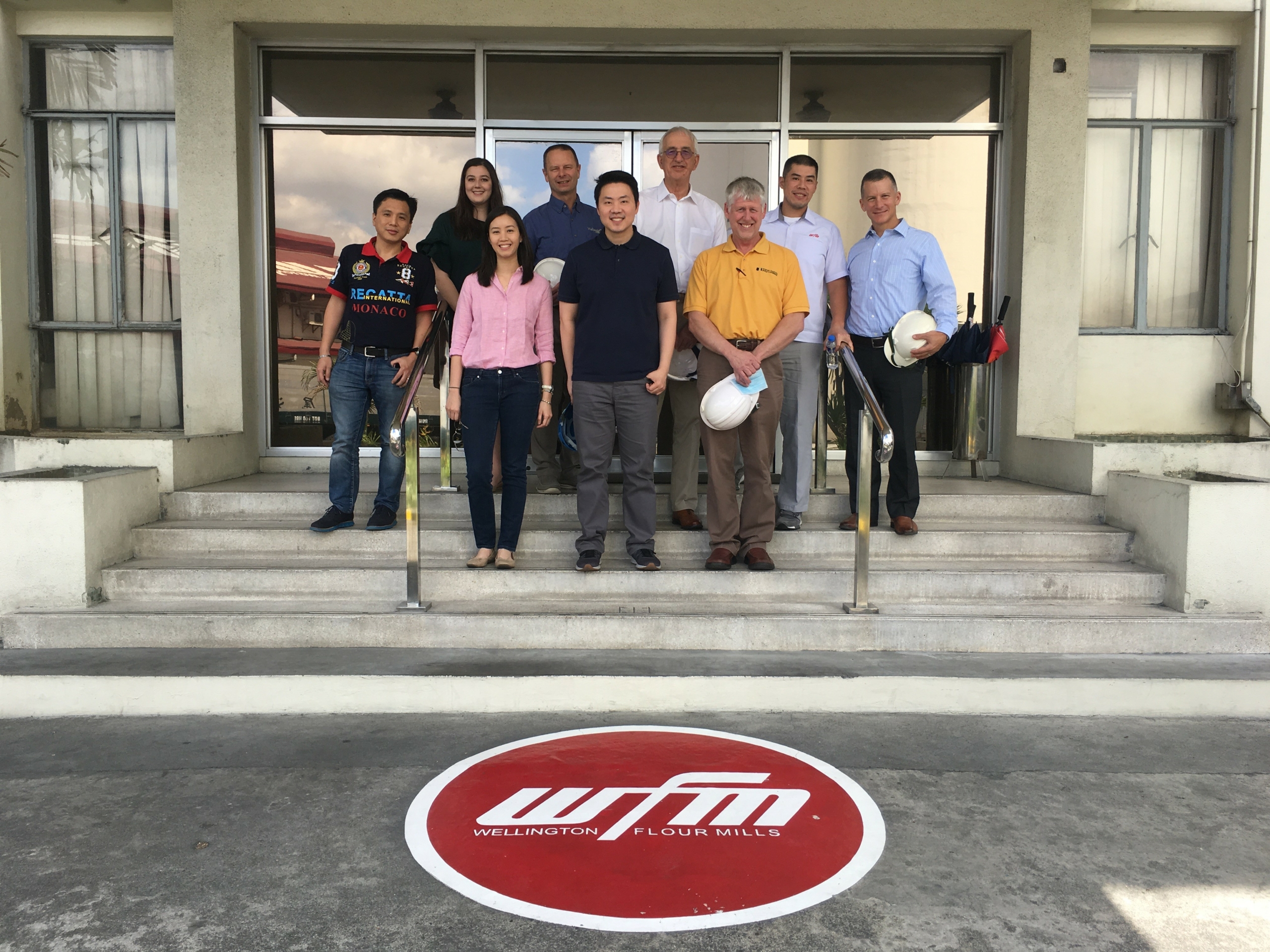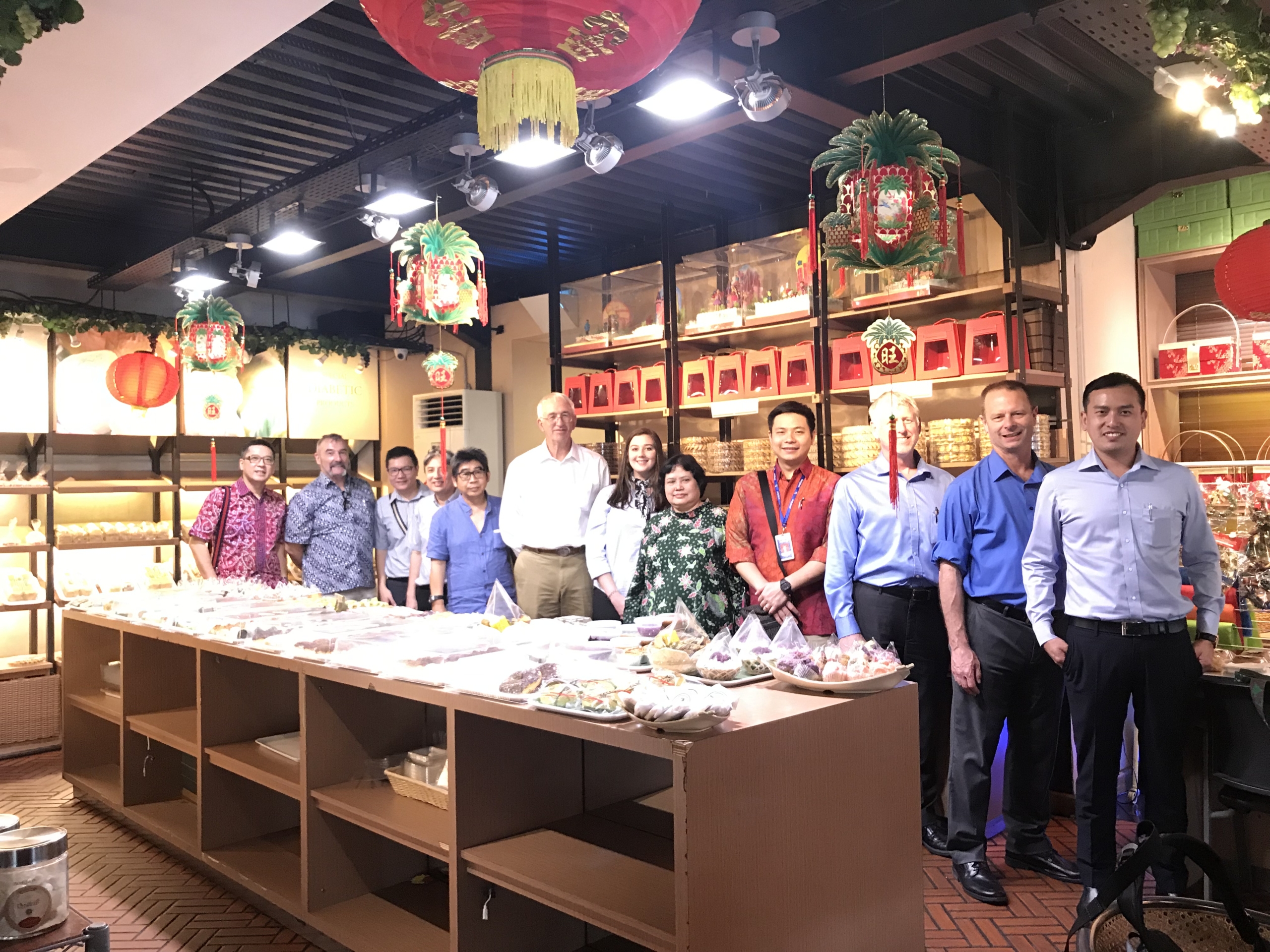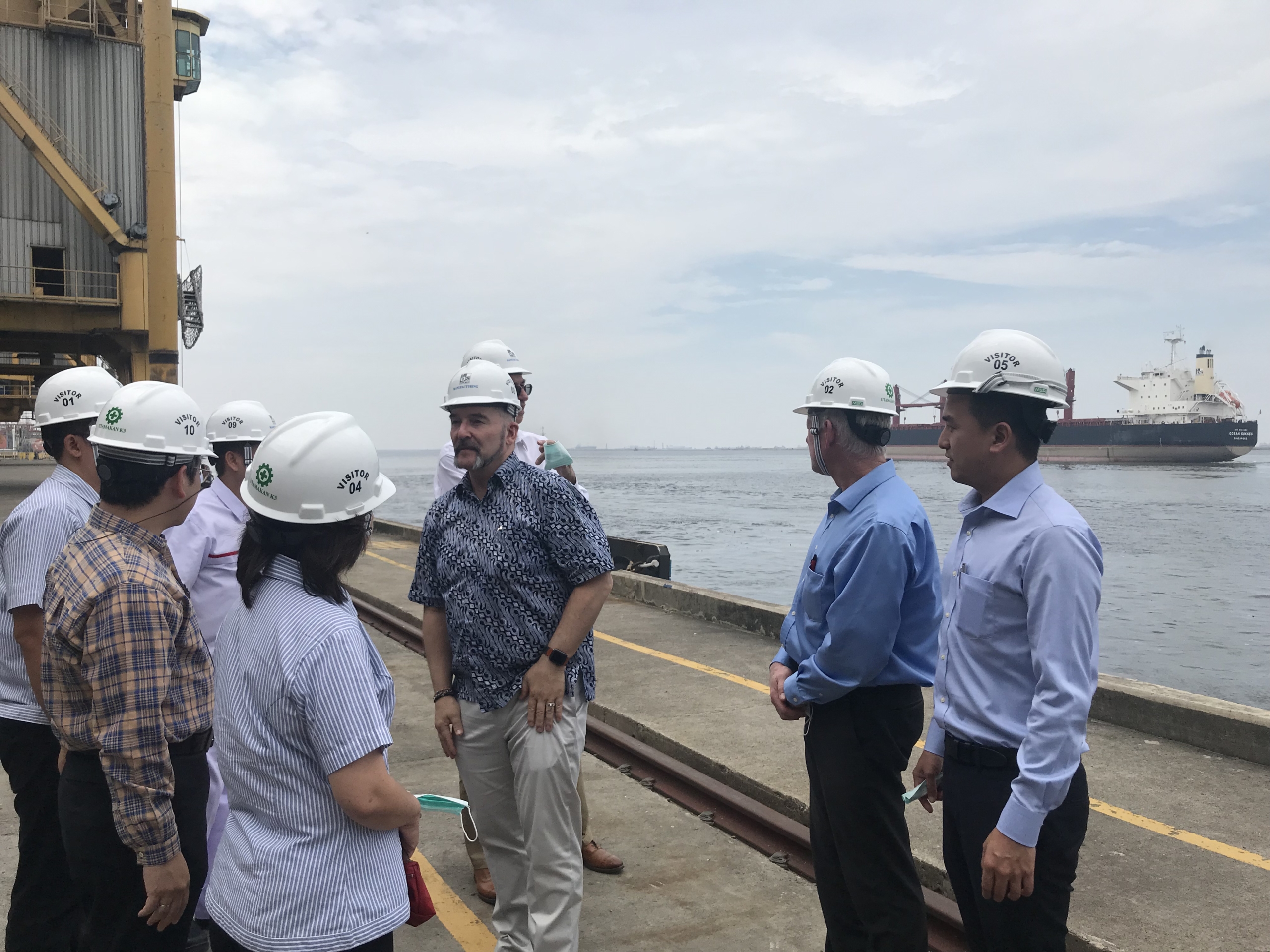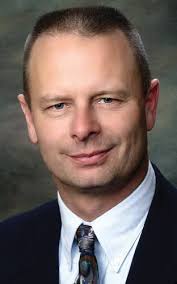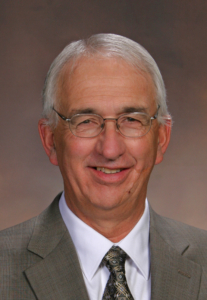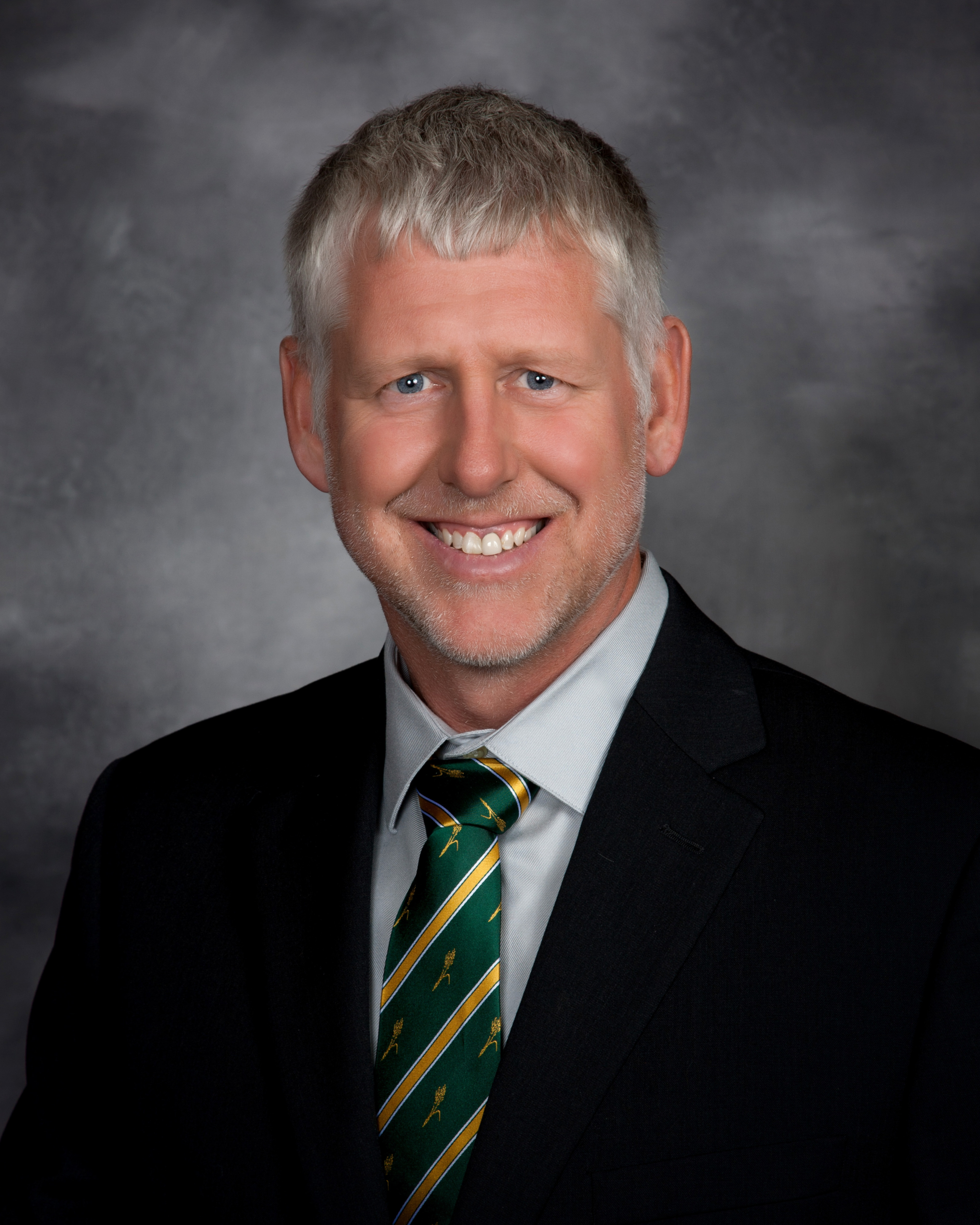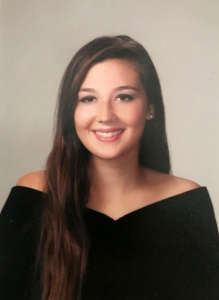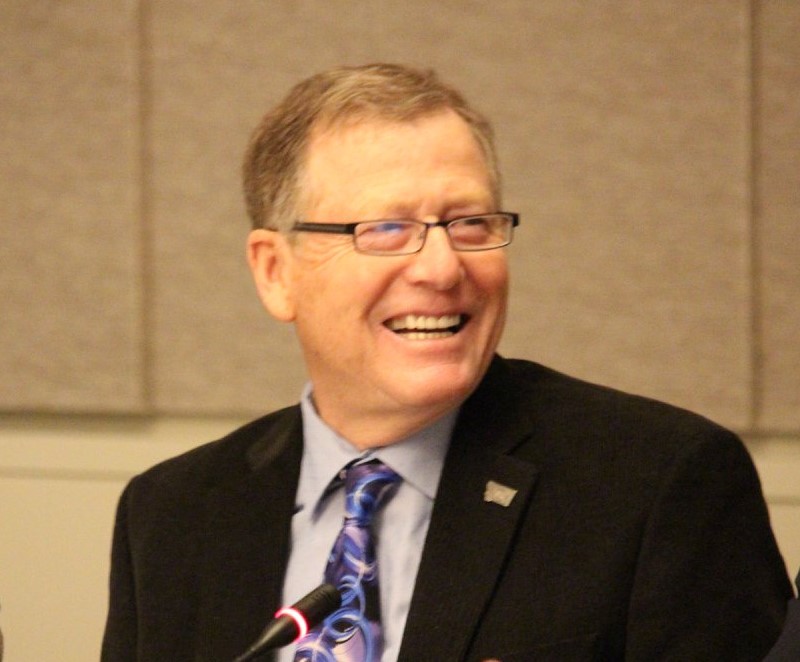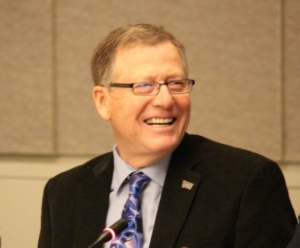Building upon its long relationship with Brazilian flour millers while also learning about current market conditions across South America, U.S. Wheat Associates (USW) recently took part in the Abitrigo Congress in Foz de Iguazu, Brazil.
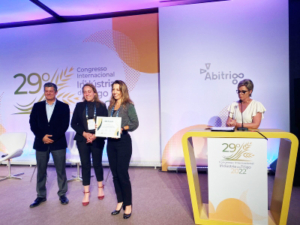
During this year’s Abitrigo Congress, USW presented a course completion certificate for its Online Baking Certification program to the owner one of Brazil’s largest milling companies.
Abitrigo, the association representing the Brazilian wheat milling industry, had not held an in-person annual meeting since 2019. USW President Vince Peterson said attendees from all industry sectors were thrilled to finally be able to engage in business face-to-face.
“Everyone we spoke with noted how nice it was to be back together,” said Peterson, who was joined by USW Vice Chairman Michael Peters and staff members from the USW Santiago Office. “Our presence is a way to show how important Brazilian millers and buyers are to U.S. wheat producers and the entire U.S. wheat industry. It gives us an opportunity to interact with key wheat buyers and have discussions with both new and long-time representatives of the mills.”
Peters, who was attending his first Abitrigo meeting, was impressed with the work of the USW Santiago office, which was represented by Regional Director Miguel Galdos, Assistant Regional Director Osvaldo Seco, Technical Specialist Andres Saturno and Senior Marketing Specialist Claudia Gomez.
“It was very clear that our staff has tremendous relationships with millers in that part of the world and have earned the respect of the industry,” said Peters, a wheat producer and cattle rancher from Okarche, Oklahoma. “It is a tough and competitive market for U.S. wheat, but we’ve remained connected and have done a great job of maintaining U.S. wheat’s reputation for providing a high-quality product.”
USW took center stage during one segment of this year’s meeting when it presented a course completion certificate for its Online Baking Certification program, a new USW technical project that promotes baking methods using all six U.S. wheat classes. The recipient owns one of Brazil’s largest milling companies.
“Having a significant business owner take her personal time to take the USW baking course is quite a compliment,” Peterson noted.
Abitrigo provides more information about its endorsement of the USW Online Baking Certification program on its website.
While Brazil has been importing U.S. wheat for more than 40 years, it still is an extremely competitive market due to Brazil’s domestic production and advantages enjoyed by some U.S. competitors, including Argentina and other countries that have mostly duty-free access under the Mercosur Agreement. In 2019, Brazil agreed to implement an annual duty-free tariff rate quota (TRQ) of 750,000 metric tons of wheat imports from countries not part of the Mercosur Agreement.
Peterson pointed out that the quality of U.S. wheat remains desirable to many Brazilian buyers.
“The core of the Brazilian milling industry recognizes that U.S. hard red winter (HRW) and soft red winter (SRW) wheat – and even hard red spring (HRS) wheat, which has been purchased by Brazilian customers this year – are the most applicable wheat sources to produce the best quality Brazilian wheat food products. Because of this, the market continues to be a long-term priority. And we will continue providing the best service and support we can to Brazilian millers and bakers.”

